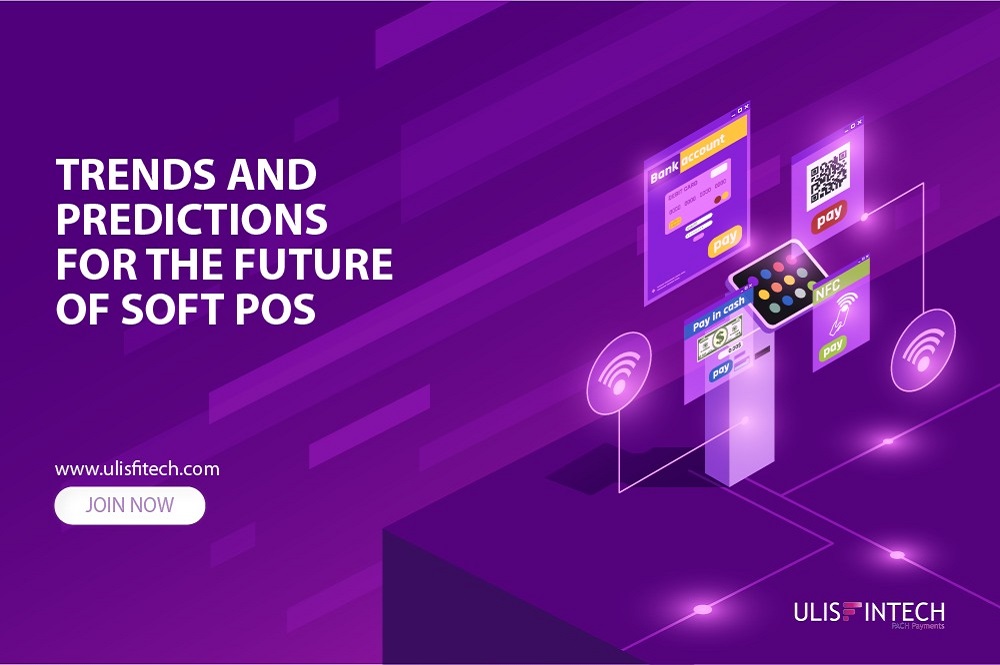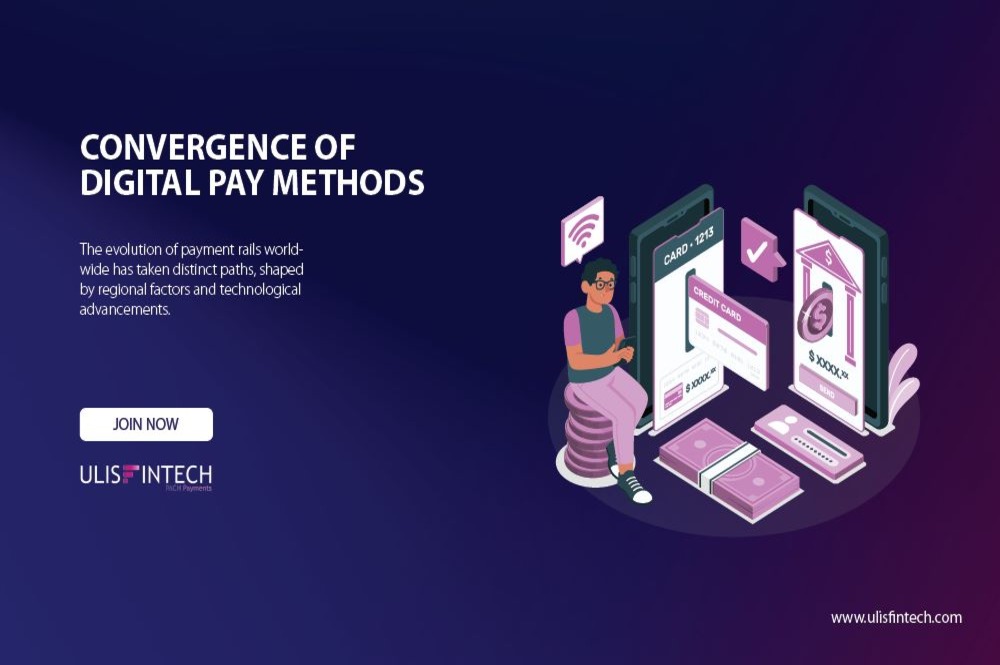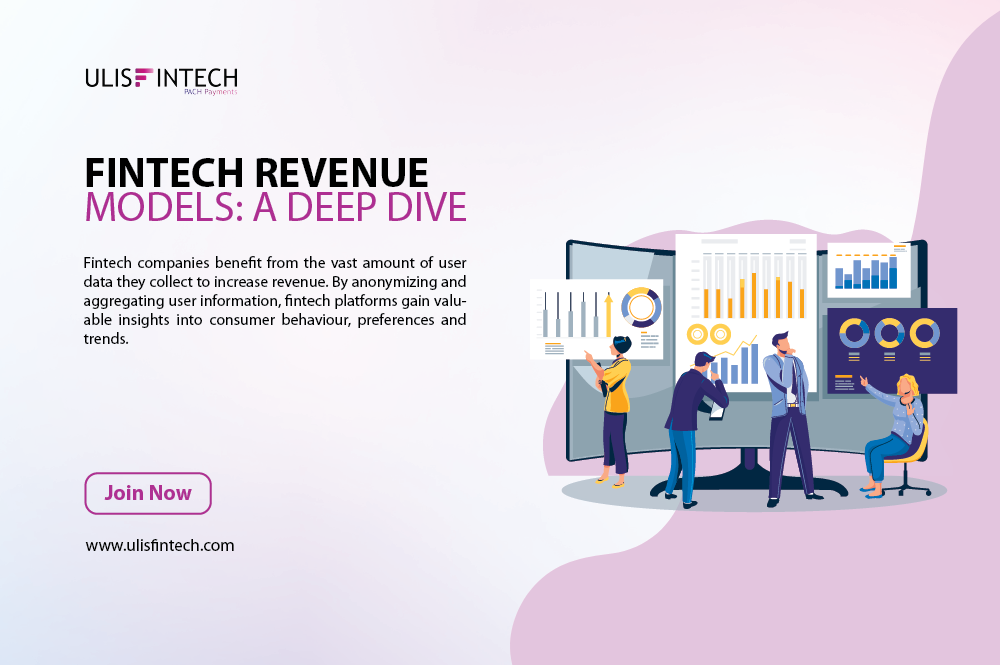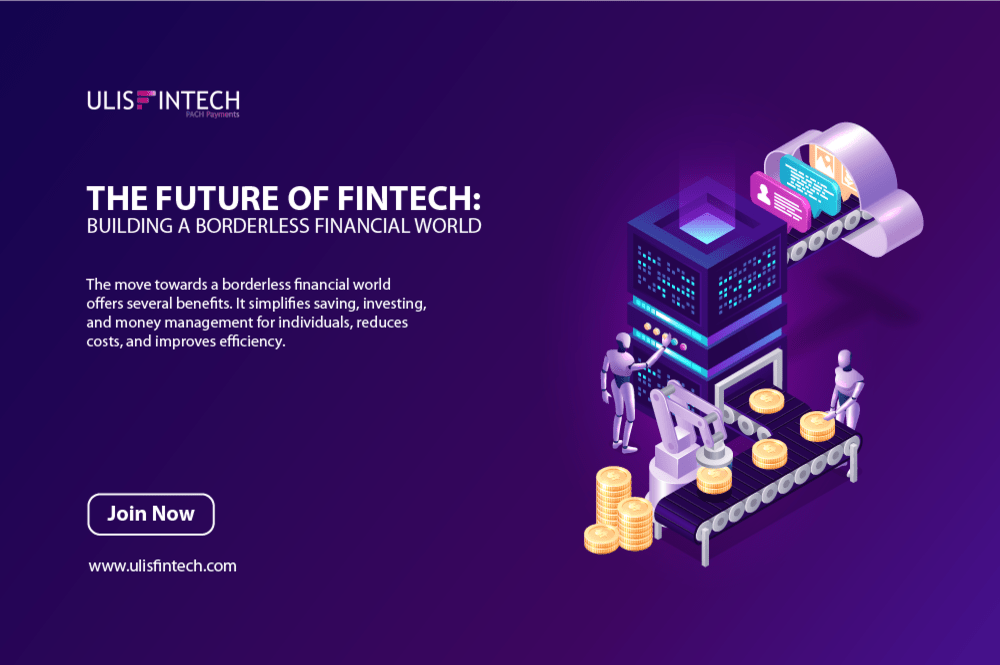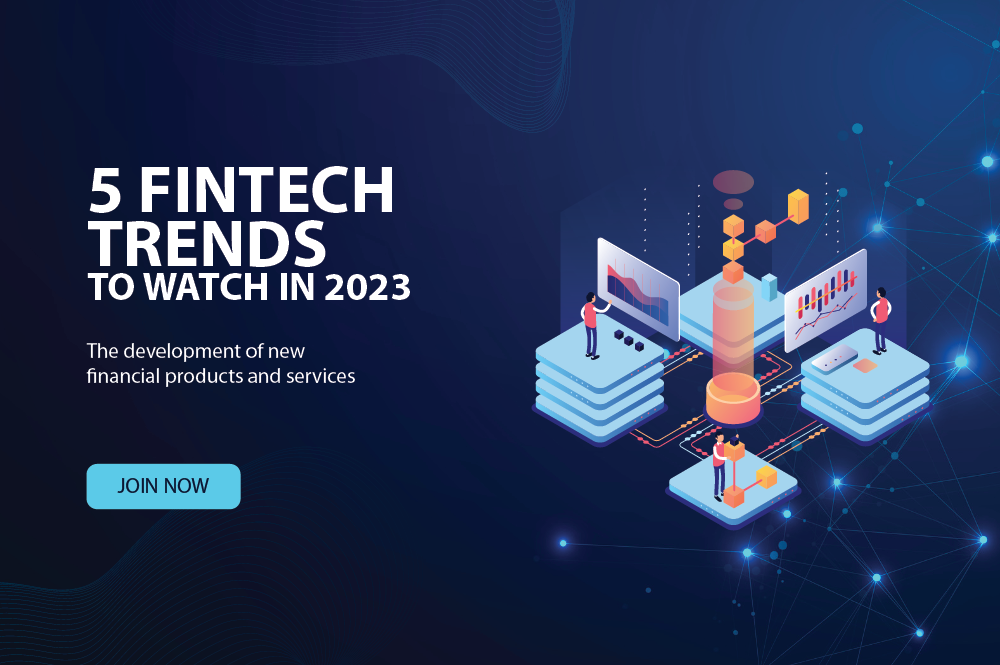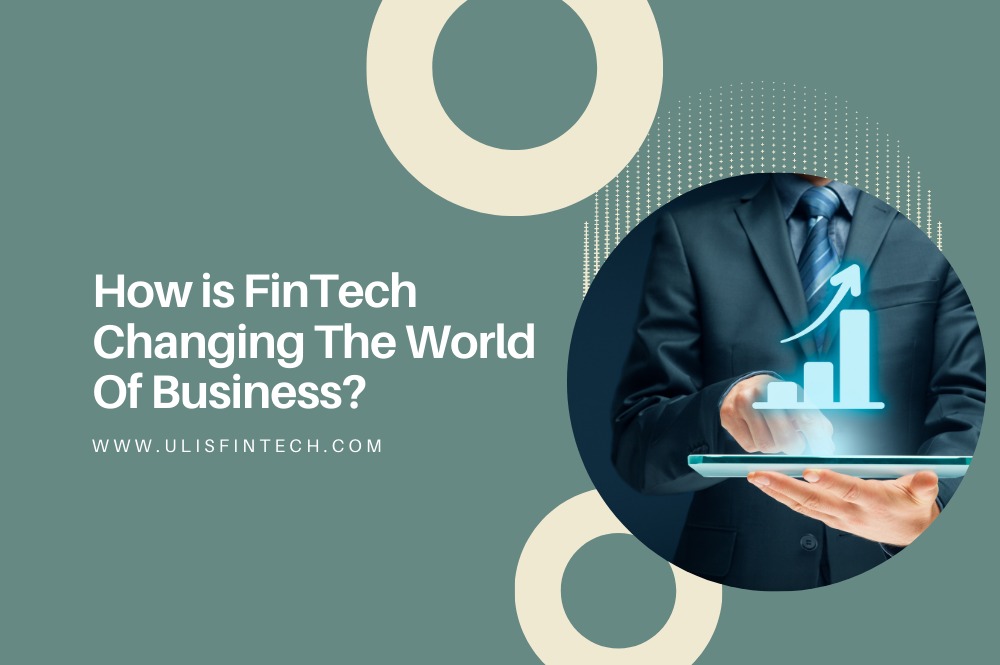Apple's intersection of Fintech with the evolving time
Jul 09, 2022 - 7 MINS READ
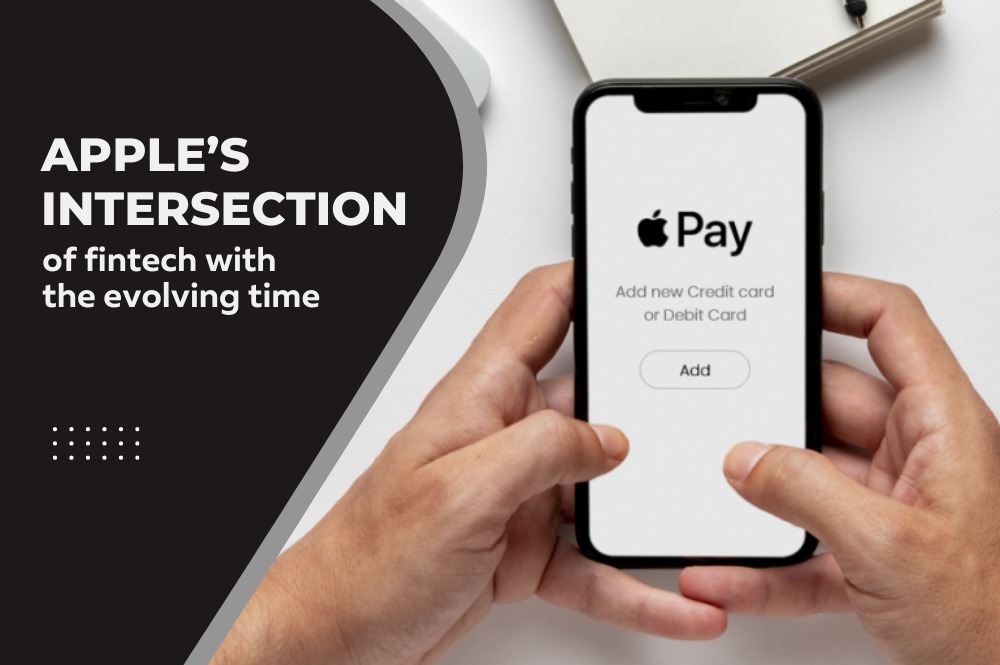
Apple’s intersection of Fintech with the evolving time
They are an FCA-regulated credit reference agency in addition to possessing an AISP (Account Information Service Provider) license. As a result, they have access to both open financial data and credit information from banks that other traditional credit agencies do not. Credit Kudos, as an AISP, is also permitted to obtain an individual's or SME's bank account data from their banking institutions with their express authorization. Credit Kudos is also a Data Controller registered with the Data Protection Authority and complies with the UK's Data Protection Act and the EU's General Data Protection Regulation.
Credit Kudos has built several value-added technology tools – such as a data management engine (Lotus), insights engine (Atlas), credit risk designs, decision engine (Assembly), and other earnings and strong authentication tools – to improve and automate the credit-decision process, in addition to having access to financial information through open banking infrastructure providers. This credit-focused strategy for Open Banking provides a key signal as to how Credit Kudos may be an important gear in Apple's Financial wheel, which it appears to be working on for quite some time.
Aside from the domain knowledge and tech skills that Credit Kudos offers to the table, its experience dealing with multiple FinTech businesses, including agreements with over 100+ lenders, might have played a crucial factor in Apple's acquiring decision. Credit Kudos has collaborated with challenger banks, digital wallets, tech providers, lenders, and others to conceptualize, launch, and improve a variety of credit products such as BNPL, mortgage finance, motor finance, and business loans.
Making Sense of Apple's Acquisition Through Apple's Eyes
We analyzed numerous aspects while determining the potential aims of Apple's purchase, including linkages with Apple's other company portfolio, its present FinTech activity, rival endeavors, and so on. In the long run, it appears that launching BNPL in the near term and developing multiple ecosystems with customers and retailers is the best choice.
Since the introduction of Apple Pay in 2014, Apple has placed a premium on payments from a variety of perspectives. Apple Pay is currently available in more than 70 countries worldwide, with the United Kingdom becoming the second country to accept it in July 2015, shortly after its first debut in the United States in 2014. In the United States, Apple Pay has evolved into a one-stop-shop for payments made using an Apple Cash card, an Apple Card, or any other credit or debit card. Apple Pay differs from contactless cards in that it includes a security technique known as tokenization, which keeps card information out of the hands of retailers. Instead, the payee is given a one-time-use 'token,' which allows them to debit the payment just once.
Furthermore, BNPL, particularly in the United Kingdom, is experiencing an identity crisis, with the FCA aggressively evaluating the terms of service of consumers' contracts. Several incumbent banks and traditional credit reference agencies have established BNPL products. Payment networks like Visa and Mastercard have also made significant acquisitions and alliances to accelerate the availability of the BNPL rails to merchants and retailers. The BNPL industry is projected to undergo a shake-up period in the present climate of declining merchant discount rates and rising interest rates, and Apple may play a big influence in how the sector develops.
The Role of Apple's Ecosystem in Finance
It was also reported in July 2021 that Apple has teamed with Goldman Sachs to establish its own BNPL named Apple Pay Later in the United States. On the surface, Apple Pay Later appears to compete with BNPL players Affirm and Klarna; nevertheless, we believe that Apple's key and significant opponents in the FinTech-powered market are Amazon, PayPal, and Block (previously known as Square). Apple had entered Block's turf earlier this year with the release of the Tap to Pay on iPhone feature, which allows shops to accept contactless payments without the use of extra hardware. Apple is well-known for competing with ecosystem proposals, and the purchase of Credit Kudos might enable it to generate huge synergies with both the consumer and merchant ecosystems via credit propositions.
Another major way for Apple to capitalize on this acquisition is to incorporate financial and lifestyle data into its core offerings around the gadgets and services it provides to users and companies. The high-quality economic behaviour data might be very useful in boosting Apple's hardware subscription service, which allows it to lease the iPhone and other hardware items on a monthly basis.
Leasing iPhones rather than selling them might seriously disrupt the tech industry's present economic model and aid in the management of the enormous mountain of e-waste generated by customers replacing their technology every year. The leasing arrangement might allow Apple to produce an iPhone made completely of recyclable materials while enticing consumers to update their phones every year.
Though significant from both the customer and merchant perspectives, account-to-account payments are unlikely to benefit from this purchase. The battle between Amazon and Visa over credit card fees last year, as well as Bank of America's recent introduction of Pay by Bank in collaboration with Banked in the UK, underlines the possibility of account-to-account transfers being a crucial payment option in the future.
Credit Kudos lacks a PISP (Payments Initiation Service Provider) license and has focused on data collection and enrichment for credit-related propositions. It does, however, indicate an attempt by Apple to include all types of payment form factors into Apple Pay, and it might be achieved by either Credit Kudos acquiring the PISP license or by an inorganic method.
Apple's Fintech Warehousing
Apple is a frightening competition. More significantly, it is a superb collaborator, as seen by its financial services trials conducted in collaboration with a bevy of companies. Apple has partnered with Green Dot to offer Apple Cash, and with Goldman Sachs to develop Apple Card. Previously, it collaborated with Visa, Mastercard, American Express, and JPMorgan Chase to establish Apple Pay. Recently, it has worked with Stripe and Shopify and is launching contactless payment acceptance for retailers utilizing technology from a previously acquired start-up, Mobeewave.
The ability to create, manage, and expand collaborative relationships is a critical skill for success in Open Banking and Open Finance offerings. Apple may unlock many levels of network effects with the acquisition of Credit Kudos since Credit Kudos is already connected with various UK banks for data aggregation and a broad range of FinTech that utilize its services for creditworthiness assessment-related operations. With the Open Banking rulebooks still in the works in the United States, Apple has a chance to leverage Credit Kudos' technical and domain knowledge to gain a competitive advantage as the sector embraces interoperability standards and other regulatory regulations.
The Apple Leapfrog Moment in the FinTech industry
Apple appears to be well-positioned to launch itself into the two-sided ecosystem concept for customers and merchants. With Jack Dorsey's complete focus at the helm, Block will not be a pushover. This, however, may have an impact on Block's traditional business strategy, which has been refined over the previous decade. It will be fascinating to see how Block responds to protect its tremendously successful platform business and whether it can maintain its emphasis on the ever enticing web3 initiatives at the same time! However, Block has already survived the attack of a BigTech. It did, however, manage to fight off Amazon's attempts to alter the status quo when it released a card reader in 2014 to compete directly with Square.
Nonetheless, considering Apple's capabilities and potential with Credit Kudos, this acquisition may emerge as one of the most crucial turning points for Open Banking and Open Finance. The privacy-preserving strategies that Apple appears to have perfected over the years – at least in the minds of customers –may increase consumer trust in Open Banking. It may also assist to promote public acceptance of content-driven data sharing systems for access to better financial and lifestyle solutions. And, well, more FinTech acquisitions from Apple may be on the way (pun intended) as the company seeks to develop and polish its FinTech war chest and shift its present business model to a FinTech-powered one.
Endnote
Credit Kudos' present business strategy is an intriguing combination of Open Banking datasets and credit history databases. It enables it to leverage the potential of Open Banking datasets to develop credible credit proposals for thin-file consumers who may not have any past credit history. This dataset overlap also enhances the creditworthiness evaluation process, lowering client default rates. It is an attractive and critical component for Apple, which wants to offer short-term and low-cost credit products to underserved client categories while they improve their credit profile. Apple Pay Later would have tremendous synergies with Apple's core device business, alleviating the affordability issue by transforming the purchase price into monthly loans.
